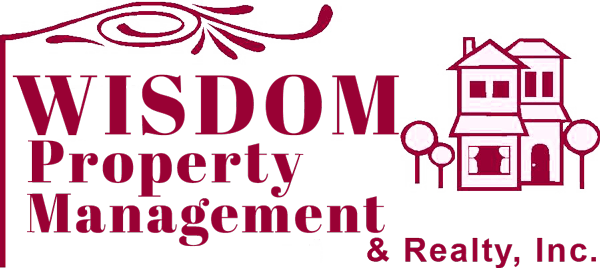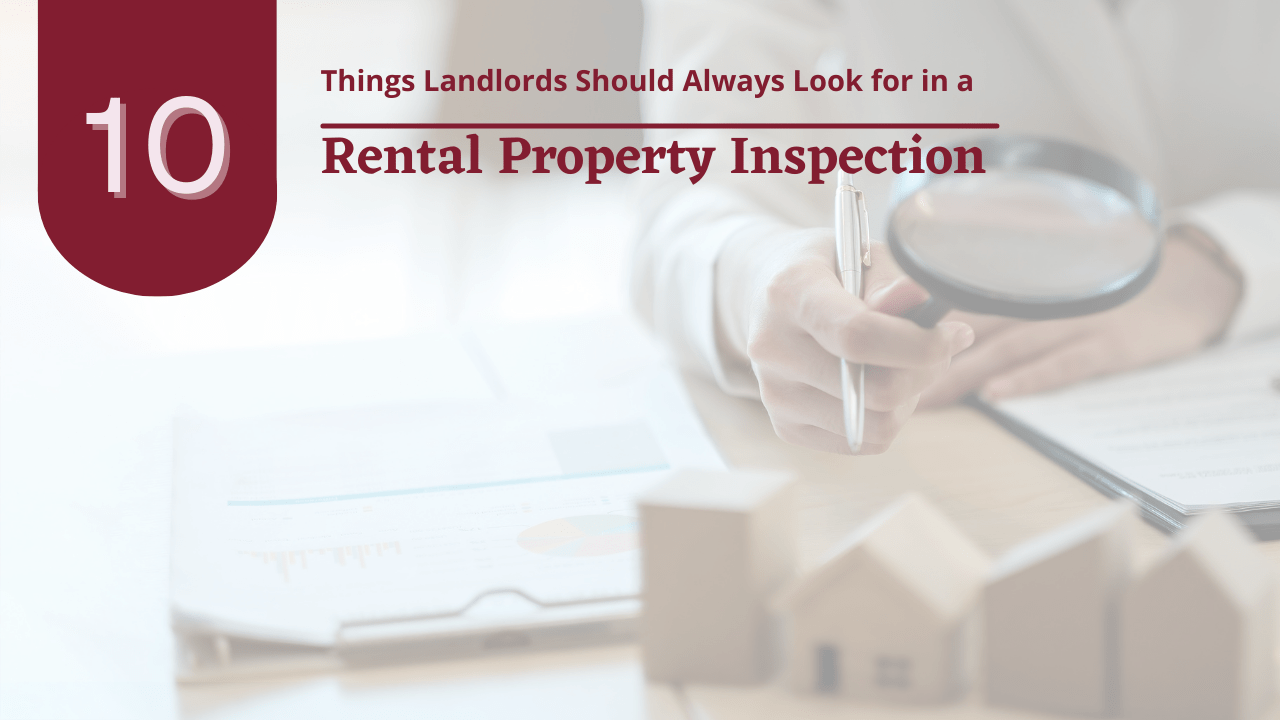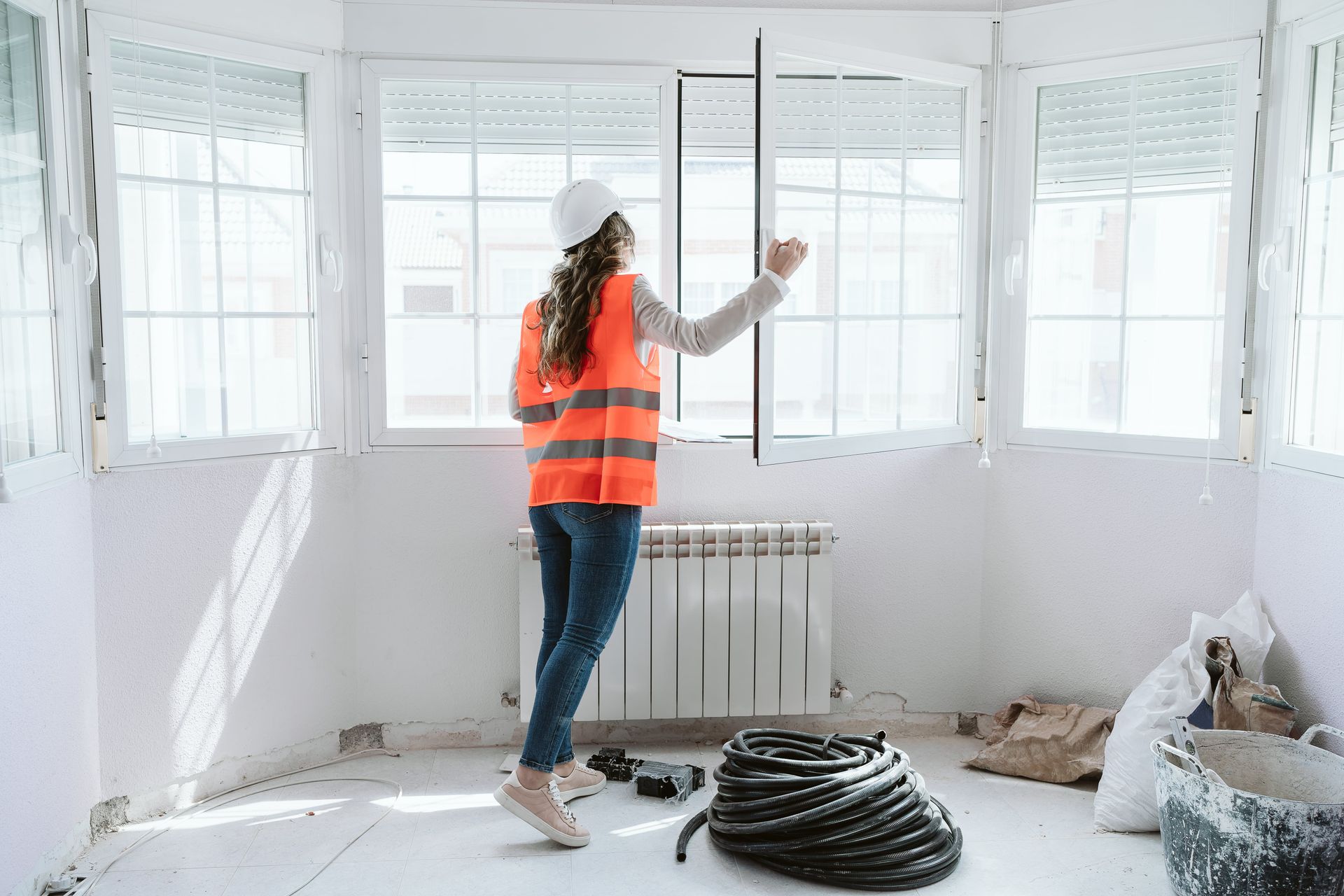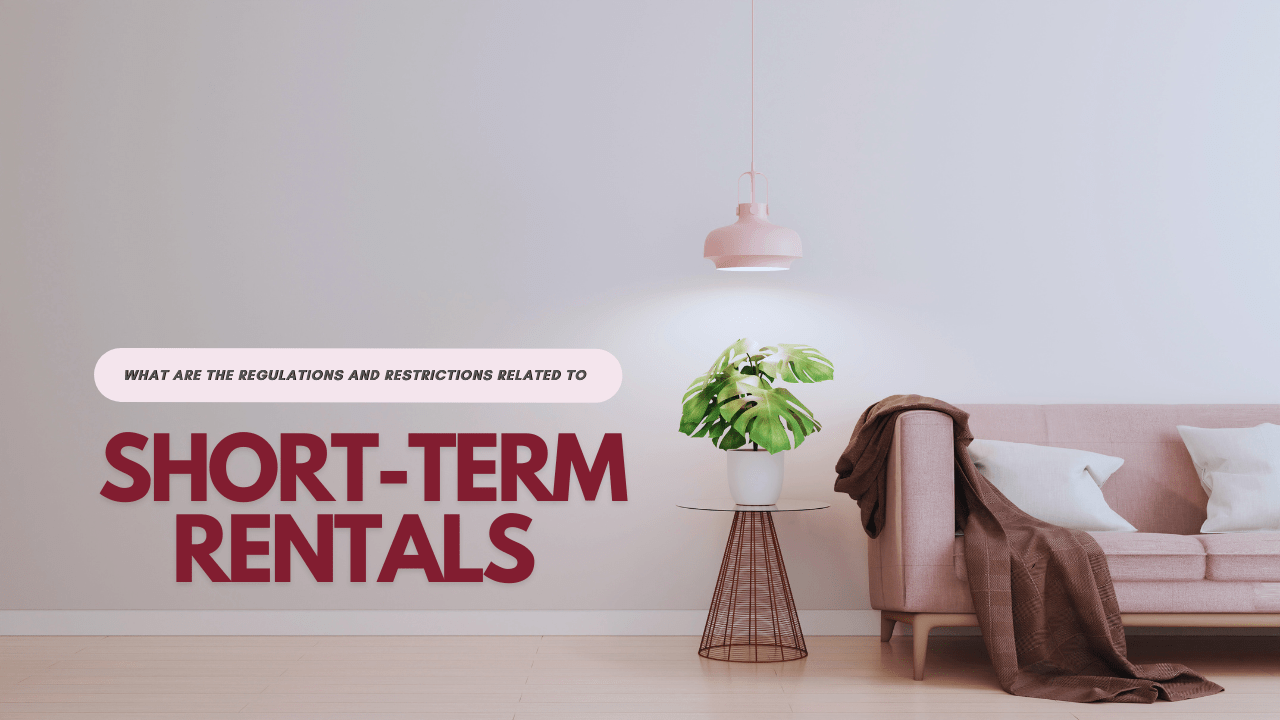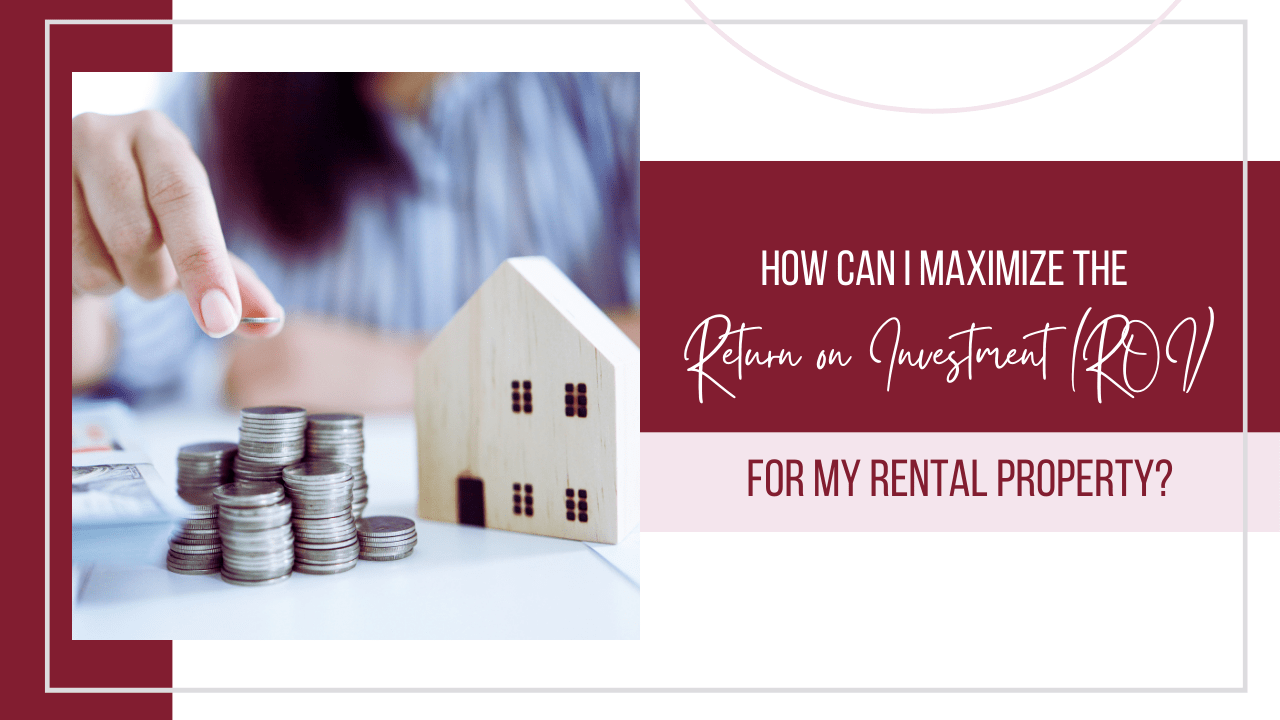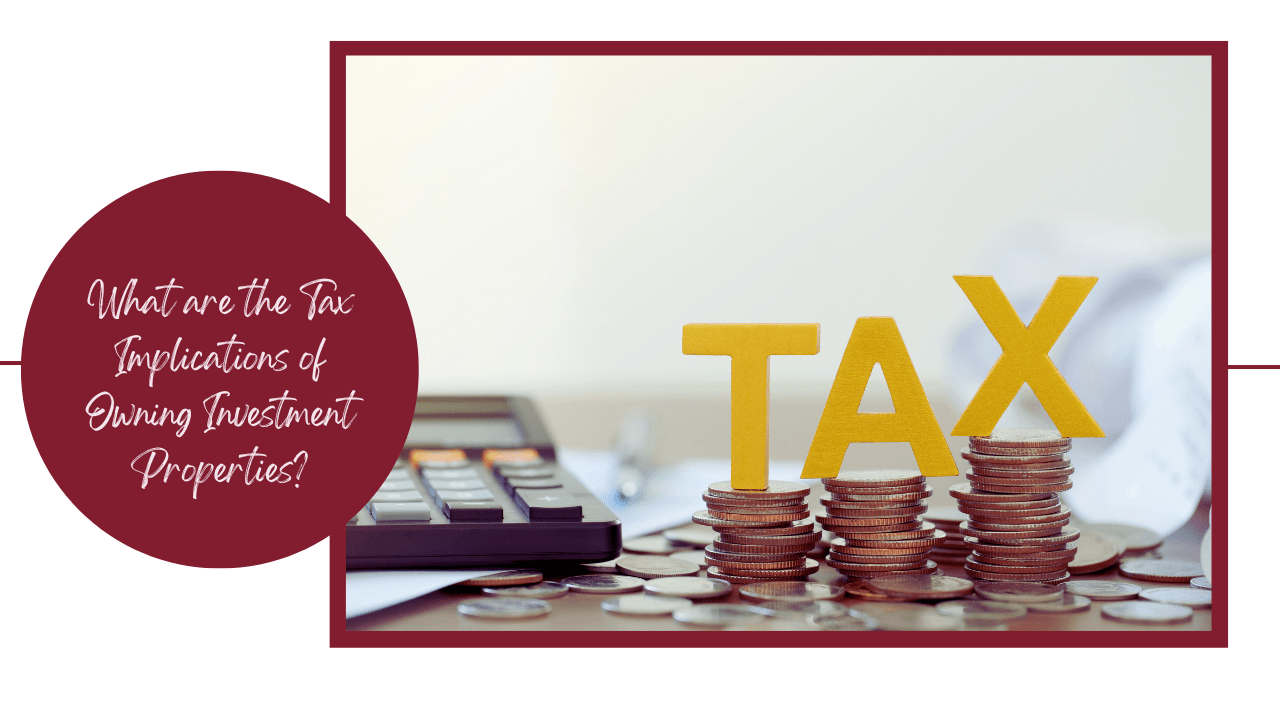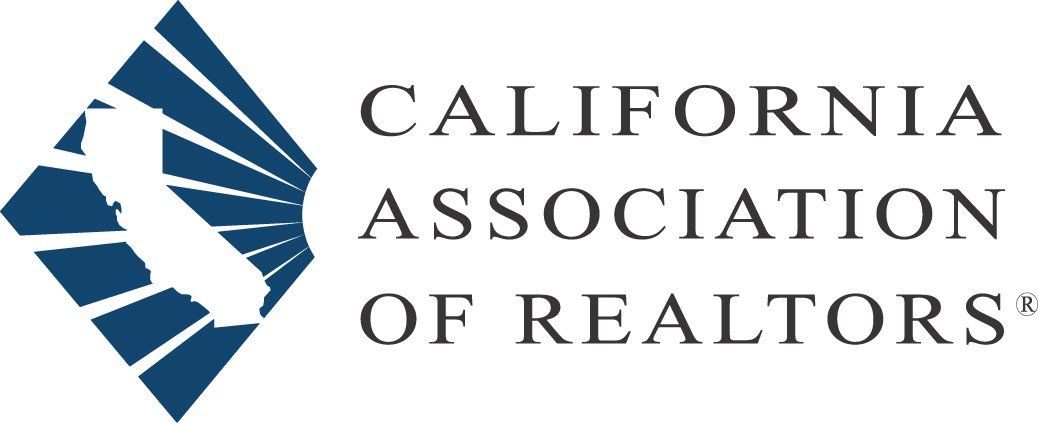Rental property inspections are an important part of protecting your Merced
investment property.
You should conduct a thorough inspection before a tenant moves in and after a tenant moves out. An annual maintenance walk-through can also help you ensure that everything is safe and working properly.
What specifically should you be looking for when you conduct inspections?
We have some ideas. Here are 10 things that Merced landlords should always look for during a rental property inspection.
1. Safety Issues
Safety and security are where every rental inspection checklist should begin. You want to make sure your tenants are safe from accidents and incidents while living in your property. Make sure the electrical system is not likely to cause a fire. Test the locks on doors and windows. Look for loose floorboards and handrails. Make sure there’s adequate lighting. Test the smoke detectors and the carbon monoxide detectors. Safety issues cannot wait to be addressed. Inspect for them every time, and make any necessary repairs right away.
2. Habitability Issues
Like safety, habitability is non-negotiable. When you inspect your Merced
rental property, make sure there’s running water. Test the hot water. Make sure there’s electricity and implement programs that will prevent mold, bed bugs, and other pests.
3. Look for Leaks
Water damage is always bad for
rental properties. Leaks and drips and toilets that don’t flush right can be an extreme hazard to rental properties. Water will damage a Merced investment faster than any other potential repair issue.
When you’re inspecting, look at every faucet. Flush every toilet and check the showers, the tubs, and the appliances. Look for evidence of moisture under the floors. It doesn’t take long for a minor water issue to become a complete plumbing disaster. You can’t leave these problems alone because damp interiors only invite mold and mildew as well as rot. Before you know it, you’ll be pulling away drywall and pulling up floorboards to remediate a potentially expensive mold issue.
4. Inspect the HVAC
Your heating and cooling system is perhaps the most expensive system in your property. You want to avoid expensive replacements and extend the lifespan of your air conditioning unit, furnace, and ventilation system. Always take a look at your HVAC system when you’re inspecting your property. We also recommend you have it professionally serviced and inspected annually.
5. Property Condition and Cleanliness
One of the most basic questions you’re hoping to answer when you conduct a property inspection is pretty simple - is the property in good condition? Is it well-maintained, and if not - what does it need?
When you’re inspecting, make sure the home is in good condition. Make sure it’s clean. Your tenants may not have the same standards for cleanliness that you do, but you want to check that there isn’t any trash or debris gathering inside the house that might attract insects or rodents. When your tenants know you’re coming to inspect, they’re likely to clean up a little. If they don’t, you might want to worry about what the place looks like when you aren’t scheduled to see it.
Cleanliness must also be an inspection point when the home is empty. It has to be professionally cleaned before a tenant moves in, and this should be part of your turnover process after a tenant departs.
6. Opportunities for Upgrades and Improvements
During your inspection, take a moment to evaluate what you could do to
increase your rental value. Repairs are one thing, but upgrades and improvements can go a long way towards increasing rents and tenant satisfaction. Where can you make some updates?
Appliances are a good place to start, and floors. Would your property look better to potential tenants with energy-efficient appliances and hard surface flooring instead of that old carpet?
Evaluate the landscaping as well. Is it time to rethink how you handle the lawn? Could the building use some power washing?
This should be an important part of your move-out inspection when you’re preparing the property for a new tenant. Look for opportunities.
7. Inspect for Deferred and Unreported Maintenance
You want your tenants to report maintenance needs immediately, even if you can’t respond right away.
Preventative maintenance is always going to be
less expensive than emergency repairs. If something isn’t working right, make a note and schedule the repair with a trusted vendor.
You may not know a repair is needed until you inspect the property. Always look for deferred and unreported repair needs when you’re inside the home.
8. Look for Lease Violations
When you inspect your tenants occupying the property, you’re looking for all the usual maintenance and safety issues. But, you’re also looking at how well they take care of the home and follow the lease.
This is an opportunity to look for potential problems.
You want to make sure there aren’t any unauthorized pets or long-term guests at the property when you’re inspecting. Hold your tenants accountable to the lease terms and the agreed-upon rules and regulations.
9. Tenant Satisfaction
Inspecting when a tenant is in place and present gives you a good opportunity to work on your tenant retention plan. Have a friendly conversation with your tenants about their rental experience. You want to provide good customer service and keep an open and transparent dialogue going with your tenants. Find out how they like the property, what they wish they had that they don’t already have, and whether there’s anything they need help understanding about the rental process or the lease agreement.
10. Tenant Damage
